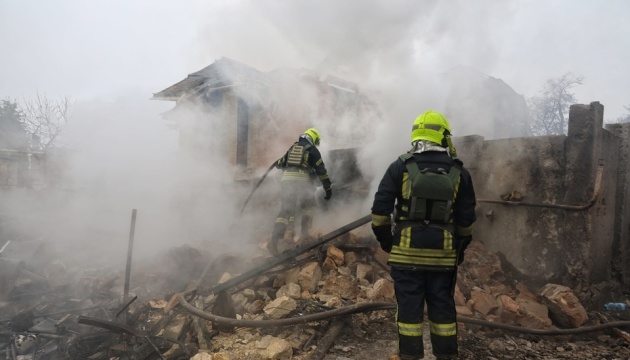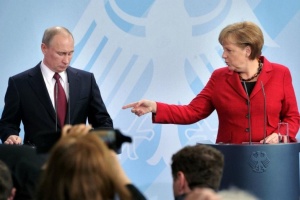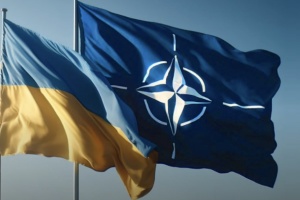
Explaining complex things in simple words: Odesa tragedy, Putin's 'elections,' provocations in Transnistria
ODESA TRAGEDY
On March 15, Russia once again attacked Odesa.
▪ The March 15 missile strike was the bloodiest in Odesa in the two years of the full-scale war. 21 people were killed, another 39 victims are in hospitals.
▪ The enemy deliberately hit the civilian infrastructure in Odesa with a ballistic missile: residential buildings, outbuildings, and vehicles were under attack.
▪ Russia struck again when emergency workers arrived; this is a deliberate terrorist tactic of the Kremlin.
▪ In early March, Russia killed 12 people in an Odesa high-rise building, including 5 children. The Kremlin is waging a targeted campaign of terror against Odesa residents.
▪ The cynical murders of Odesa residents destroy Russian myths about "Novorossiya," "liberation," and "return of historical lands."
PUTIN'S "ELECTIONS"
On March 17, a farce on Putin's pseudo "re-election" in Russia and in the territories controlled by the Putin regime ended.
▪ There are no real elections in Russia, but there is a dictator and a usurper of power. ▪ It was not an election, but another "oath of allegiance of the people to the tsar," an illustrative manifestation of loyalty to the Kremlin regime.
▪ Russia is in a state in which fair elections are a priori impossible. In the Russian Federation, there have been no political life, free competition, independent media for a long time.
▪ The only real manifestation of disagreement with tyranny was not "voting," but a "riot of ballot boxes" — unprecedented mass facts of ballot damage.
▪ The Kremlin's mockery of another election is a perfect opportunity to stop recognizing Putin as the legitimate president of the country.
PROVOCATIONS IN TRANSNISTRIA
On March 17, a Russian military helicopter was destroyed by an unknown drone in the Transnistrian region of Moldova.
▪ The attack on a Russian military base in Transnistria is a Russian provocation. Ukraine has nothing to do with this.
▪ The Moldovan Bureau of Reintegration reported that the incident with the alleged "attack on the military unit" was an attempt to provoke fear and panic in the region. The military matériel presented in the footage has not functioned for several years.
▪ Russian troops are in the Transnistrian region of Moldova illegally, but the solution to this problem is possible only on the initiative of the official Chișinău.
▪ This is not the first time that Russian special services are trying to provoke an escalation of the conflict in Transnistria to destabilize the situation in Moldova and on the Ukrainian border.
▪ The real threat to Moldovan citizens is posed by Russian drones, which regularly violate Moldovan airspace during attacks against Ukraine.
Center for Strategic Communication and Information Security




